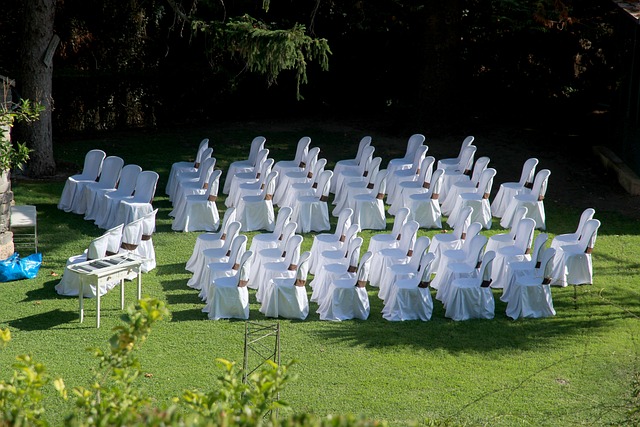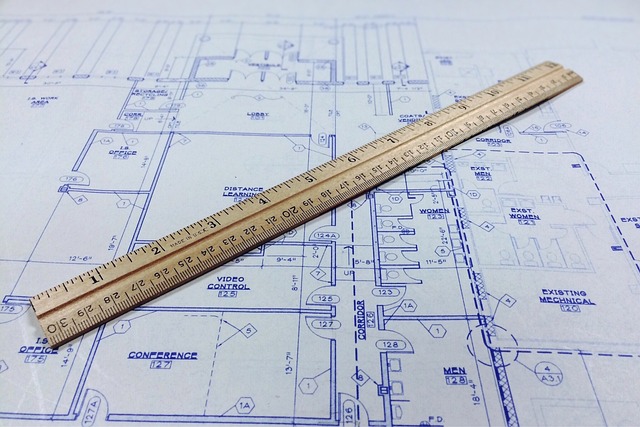Successful Event Planning for Local Businesses relies on understanding and engaging with one's community. Organizers should identify shared interests, cultural backgrounds, and needs through collaboration with residents, business owners, and leaders. Defining clear goals, such as networking or celebrating diversity, guides event creation. Researching demographics and trends ensures events like fitness festivals resonate with attendees, fostering community spirit and boosting local economic growth.
“Unleash the power of community events with our comprehensive guide, designed specifically for local businesses. Effective event planning is an art that fosters connections within your area. This article navigates the process, from understanding diverse community needs and engaging leaders to implementing tech-savvy strategies and promoting attendance.
Master the art of hosting events that leave a lasting impact, attract audiences, and drive business growth through efficient organization and seamless execution.”
- Understanding Your Local Community's Needs
- – Identifying the purpose and goals of community events
- – Researching local demographics and interests
Understanding Your Local Community's Needs

Understanding your local community’s needs is a crucial step in successful event planning for local businesses. By engaging with residents, business owners, and community leaders, organizers can identify events that resonate with the diverse interests and cultural backgrounds within their area. This involves assessing what brings people together—whether it’s a love for music, food festivals, educational workshops, or community service projects—and tailoring events to meet these needs.
Event planning should be collaborative, encouraging input from various stakeholders. Local businesses can play a significant role by sharing insights into their target audiences and suggesting suitable venues or activities. This collective approach fosters a sense of ownership among the community, ensuring events that are not only well-attended but also leave a lasting positive impact on the neighborhood’s social fabric.
– Identifying the purpose and goals of community events

When organizing community events, the first step is to clearly define its purpose and goals. This involves understanding the needs and interests of the local community, which can be achieved through surveys, meetings with stakeholders, or observing existing trends in the area. For instance, a local business might aim to host an event that fosters networking among fellow entrepreneurs, or a neighborhood association may organize a festival celebrating the diverse cultures within their district. Identifying these objectives is crucial for tailoring events that resonate with attendees and ensure maximum engagement.
Event planning for local businesses should align with the community’s aspirations. By setting specific goals like increasing local foot traffic, promoting cultural exchange, or supporting small businesses, organizers can create meaningful experiences. This strategic approach not only enhances community spirit but also benefits local businesses by fostering connections, driving economic growth, and building a thriving local ecosystem.
– Researching local demographics and interests

Understanding your community is key when planning events for local businesses. By researching the demographics and interests of your target audience, you can tailor events that resonate with attendees. This involves delving into data on age groups, cultural backgrounds, hobbies, and preferences. Local business owners, community centers, and census data are valuable resources to gather this information.
For instance, if your research reveals a growing interest in wellness among young professionals, planning a fitness festival or yoga session could attract a significant turnout. Event planners can also use this knowledge to create diverse programming that caters to various age groups, ensuring inclusivity and higher participation rates. This strategic approach enhances the success of events and fosters stronger connections between local businesses and their community.
Community events are a powerful tool for event planning and engagement, allowing local businesses to connect with their target audience. By understanding your community’s needs through identifying purposes and goals, as well as researching demographics and interests, you can organize meaningful gatherings that foster growth and strengthen local ties. Event planning shouldn’t be complex; it should reflect the vibrant spirit of your community. Embrace these strategies to create memorable experiences that resonate with folks in your area.














